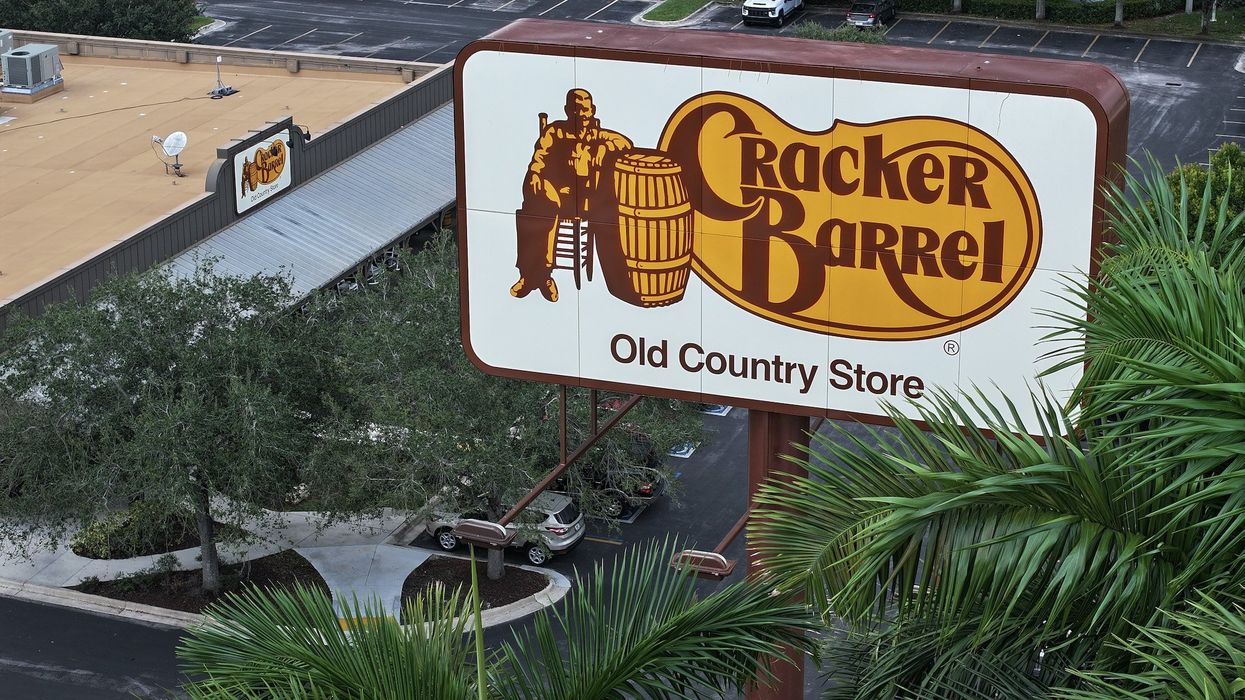Lower oil prices have unintended consequences that are a drag on the economy and are causing tremendous losses for investors who sought higher yields in a low yield world. The current mantra is that lower oil prices are a great tail wind for consumers. They are going spend the extra monies they are saving from filling up their cars and heating their houses. This will boost Gross Domestic Product (GDP) and allow consumers to go on a spending spree.
Maybe. But if you are like millions of Americans who are just trying to make ends meet, perhaps you will pocket the extra money, pay off some credit card debt or sock it away to have a cushion against unexpected expenses. The money I am saving on heating my home is going to be spent on all of the deferred maintenance that I have put off.
The Organization of Petroleum Exporters (OPEC) decided not to cut production at their latest meeting. So while supply remains high, demand is soft, very soft. Europe is in recession, Japan’s depression is deepening once again, and China’s growth is slowing; hardly the environment for higher oil prices. Lower oil prices mean that the world is experiencing lower growth.
Lower oil prices have other consequence. Oil rigs are being pulled from drilling and exploration. Fracking is no longer attractive at current prices and many shale projects are no longer profitable. Some economists believe that lower oil prices will reduce GDP by a half percent (.5 percent), not the increase in GDP that many claim.
Perhaps the largest impact is on investors who have sought higher yields from master limited partnerships and REIT’s that invest in oil production or oil pipelines. In just the last few days, many of these equities are down 25 percent to 35 percent. The brokerage community, always in search of greater returns, has pushed these investments as a safe way to grab extra income for investors who can’t survive on one percent Treasury yields. But many investors are only just finding out, that the five and six percent returns they were getting for the last few years pale in comparison to the losses they have suffered in just a few days.
There is no free lunch on Wall Street, regardless of what your friendly broker might tell you. Investments that pay substantially more than a ten year Treasury Note must have substantially more risk. And if oil continues lower as many now claim (some say oil is dropping below $50) the losses are going to be a lot more than 35 percent. Now would be a good time to take a look at your portfolio and decide how much risk you are willing to assume, if oil continues to drop. Remember the old Wall Street adage, your first loss is your least loss.
John Lawrence Allen, a nationally recognized legal expert, represents investors nationwide in securities arbitration. Mr. Allen’s second book, “Make Wall Street Pay You Back,” was just released. For more information visit https://www.mybrokerfraud.com/
–
TheBlaze contributor channel supports an open discourse on a range of views. The opinions expressed in this channel are solely those of each individual author.







